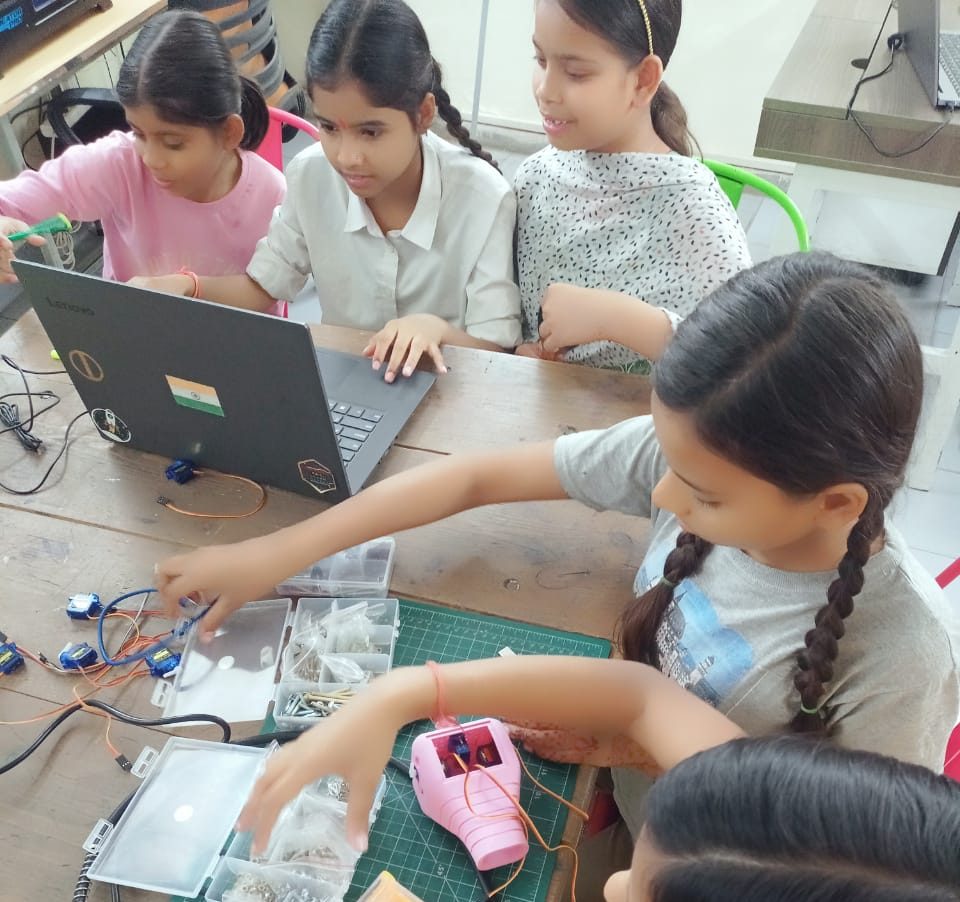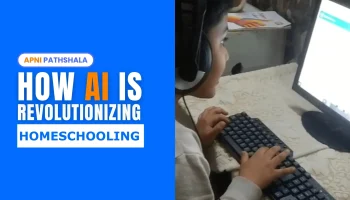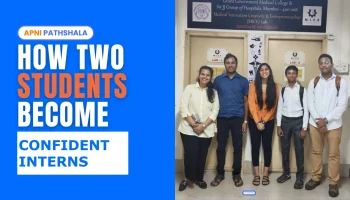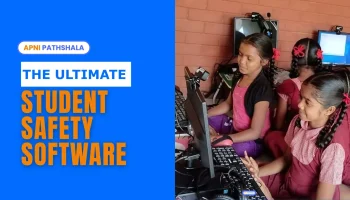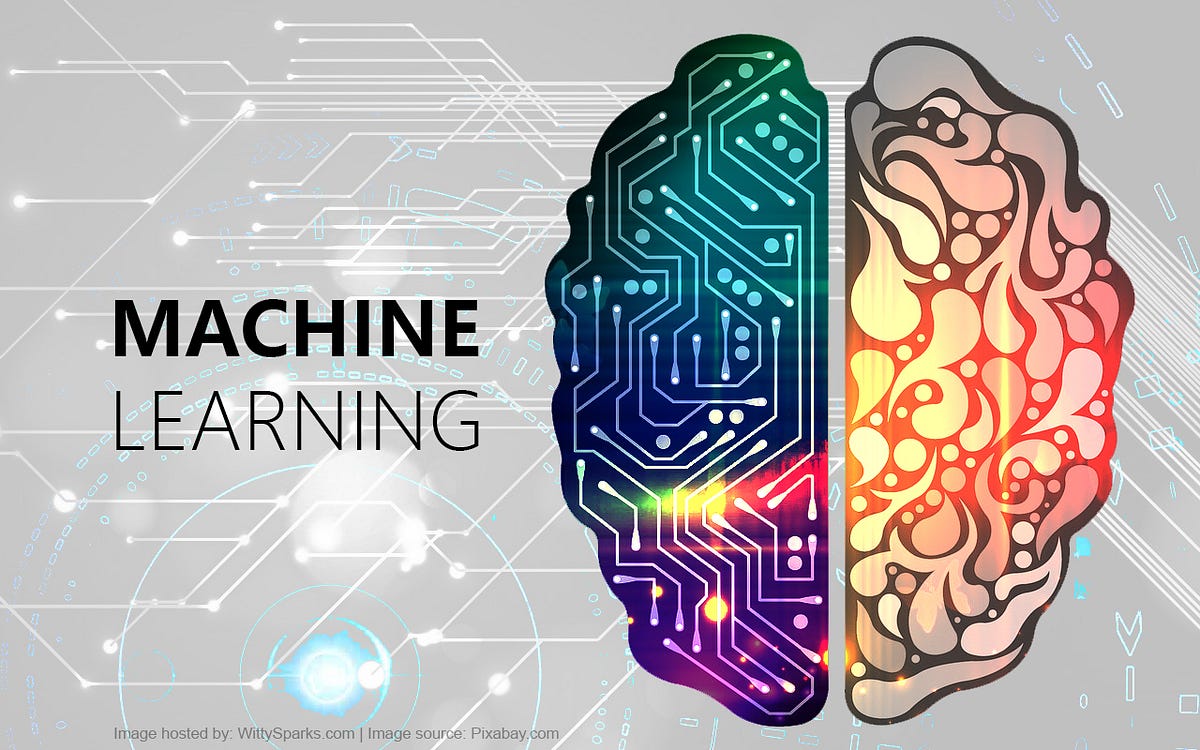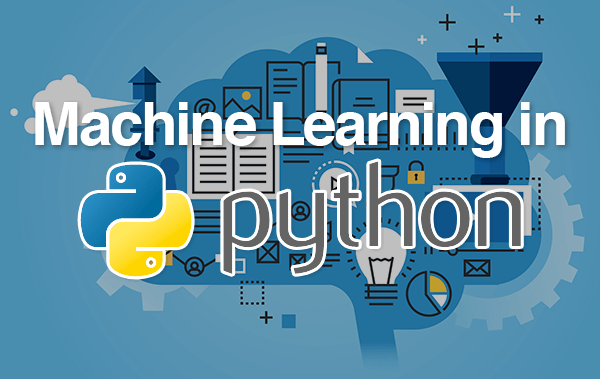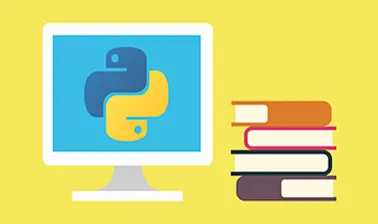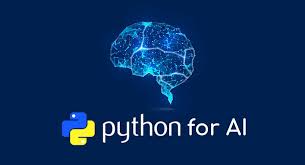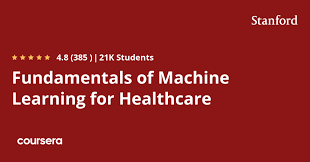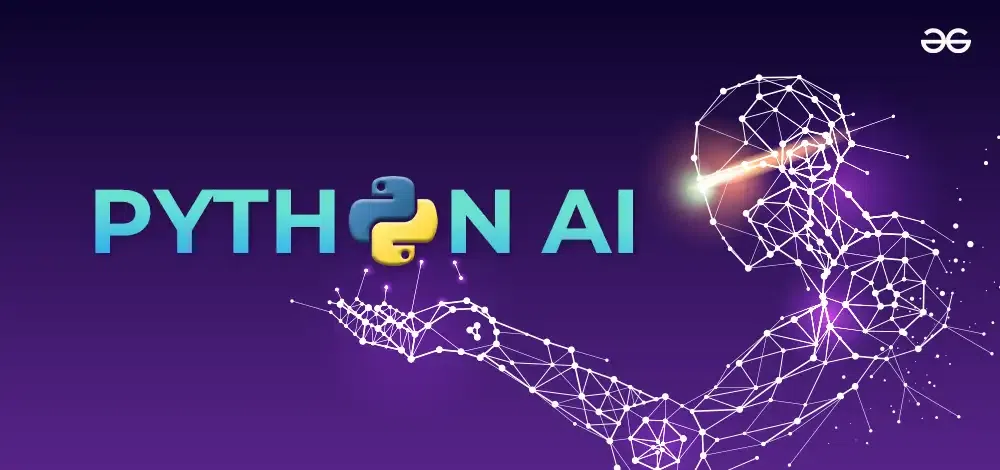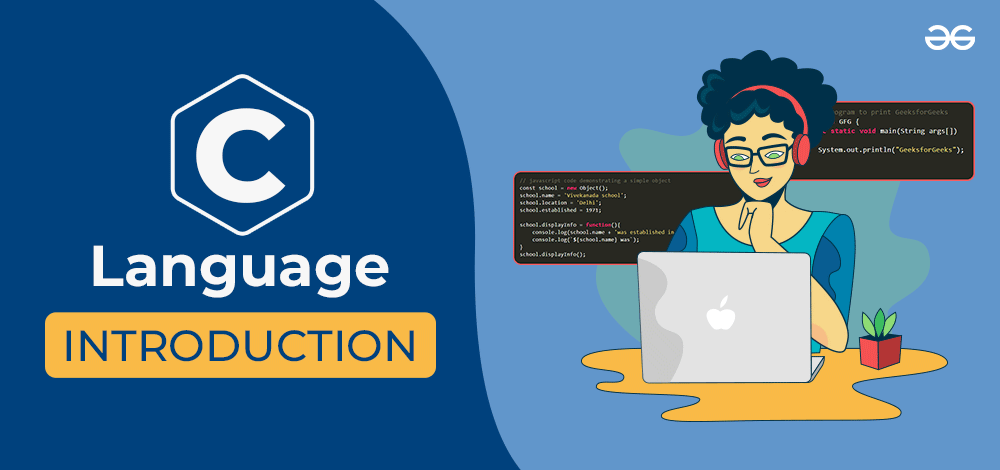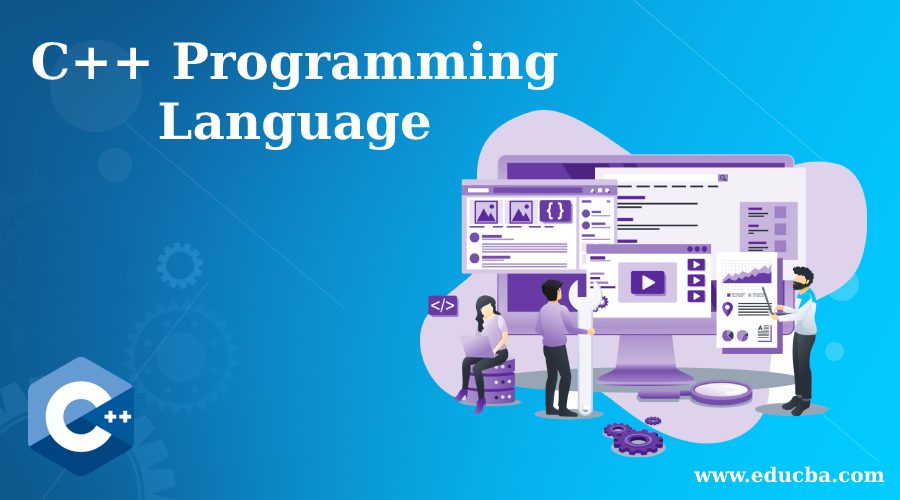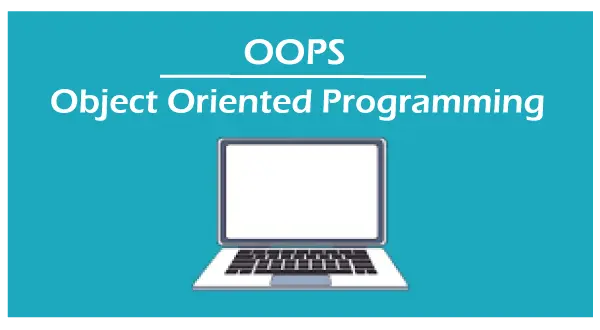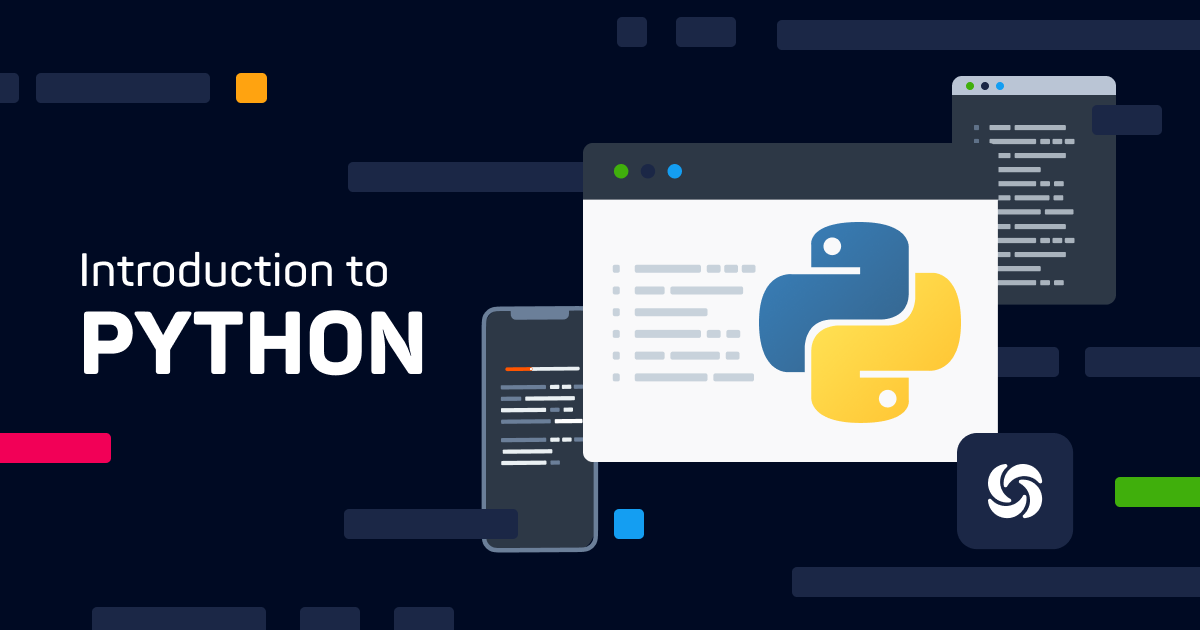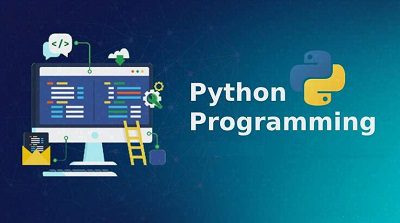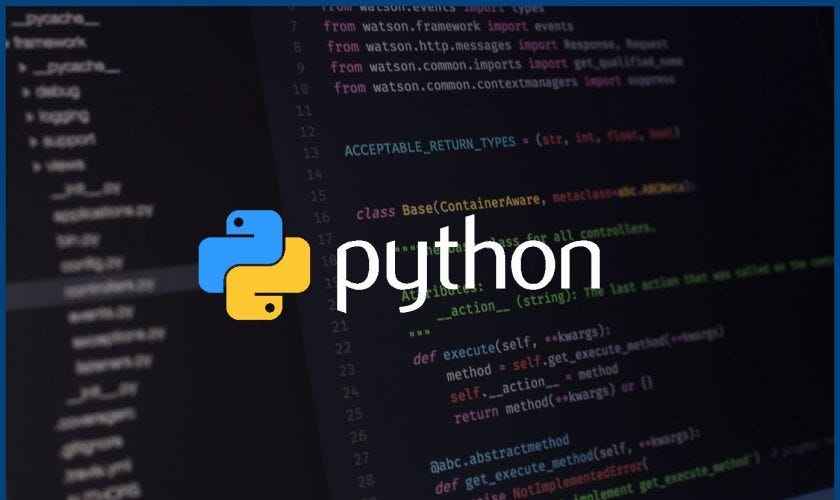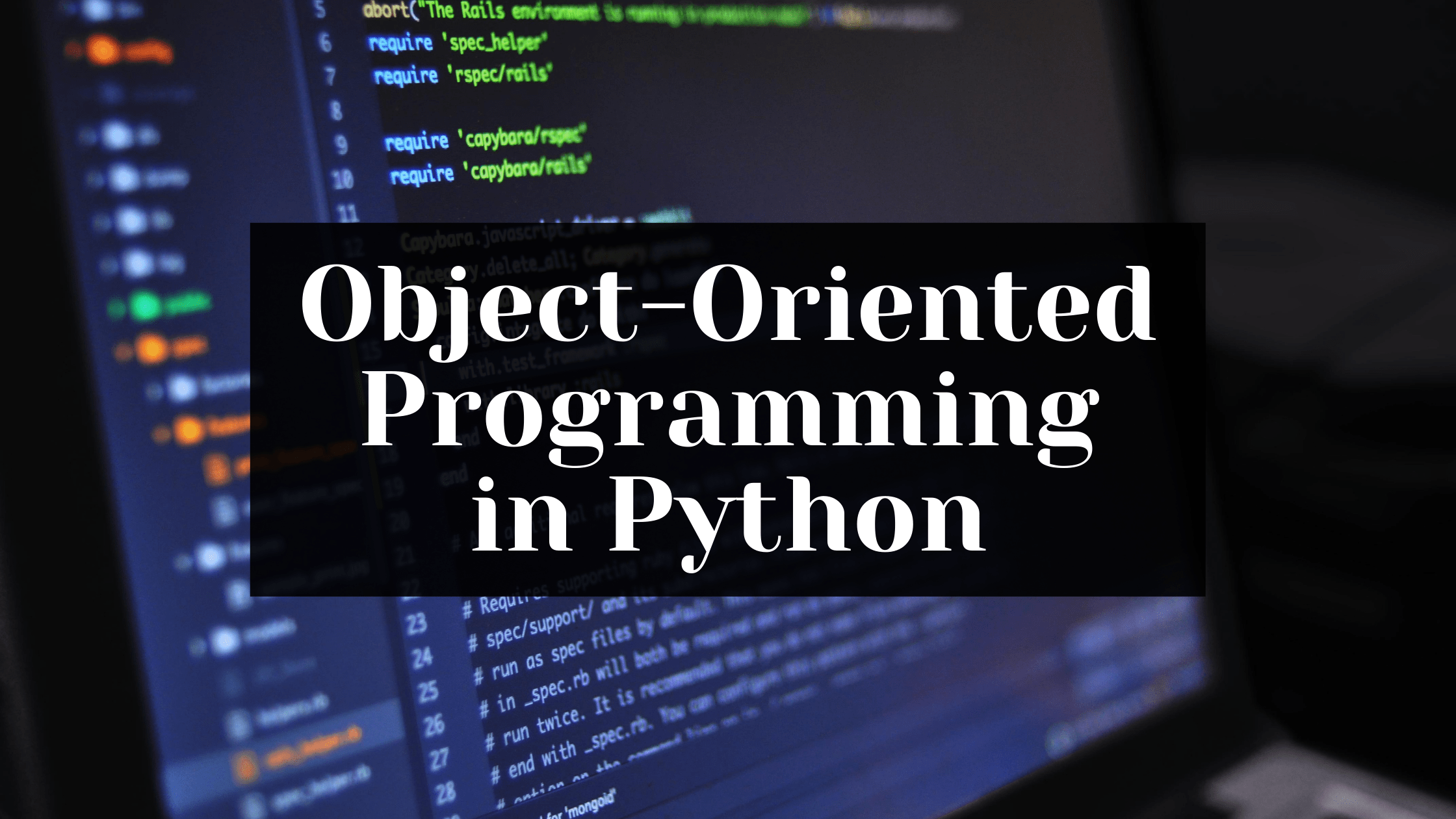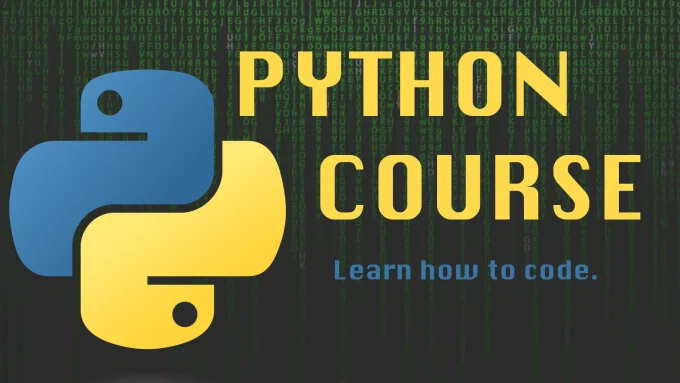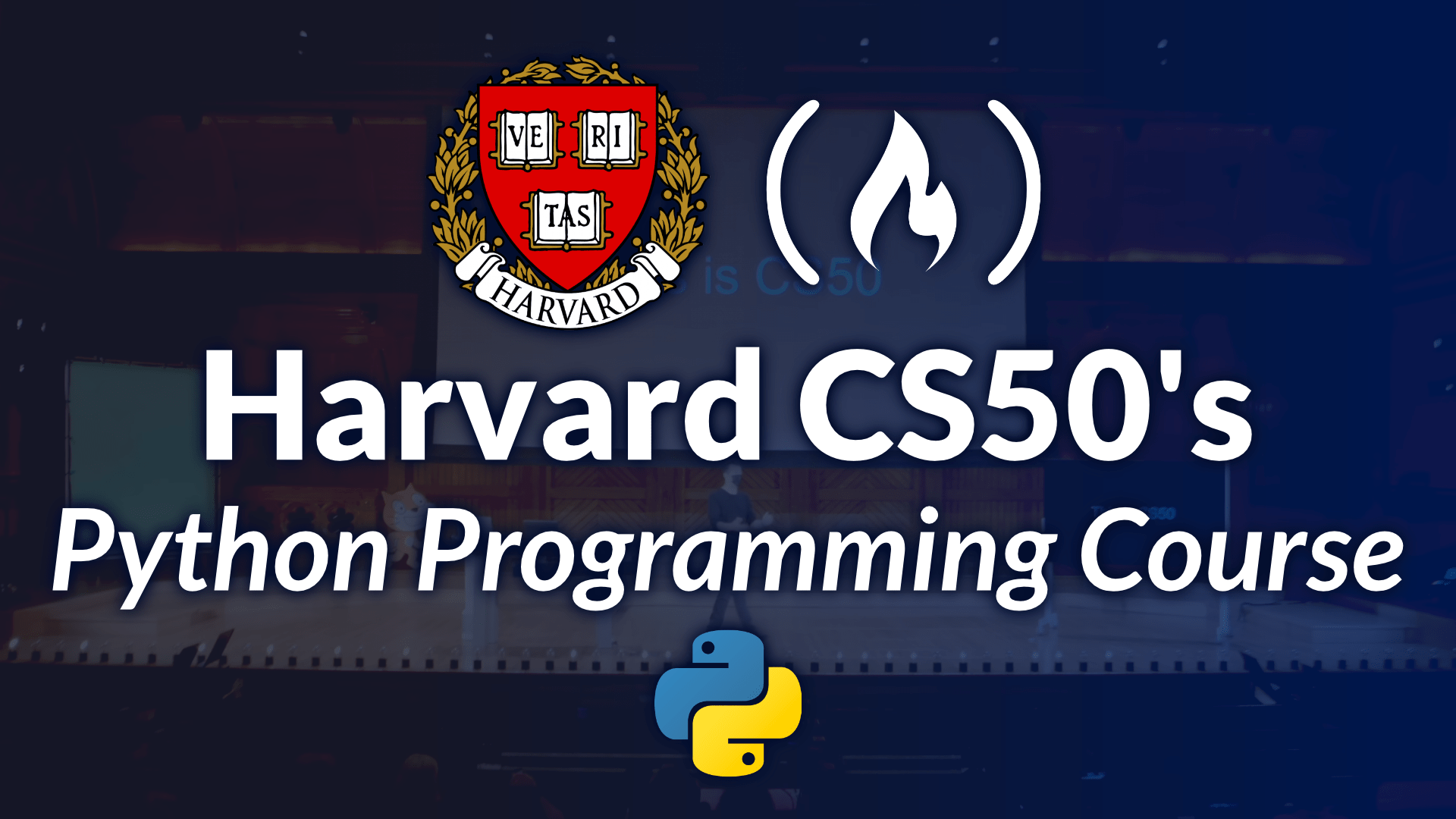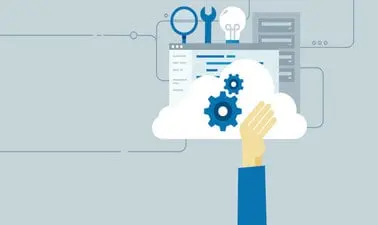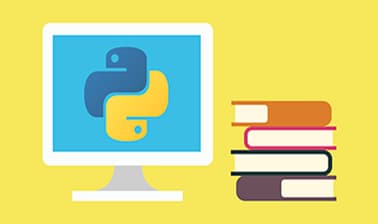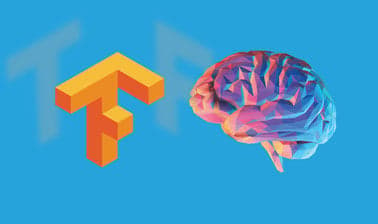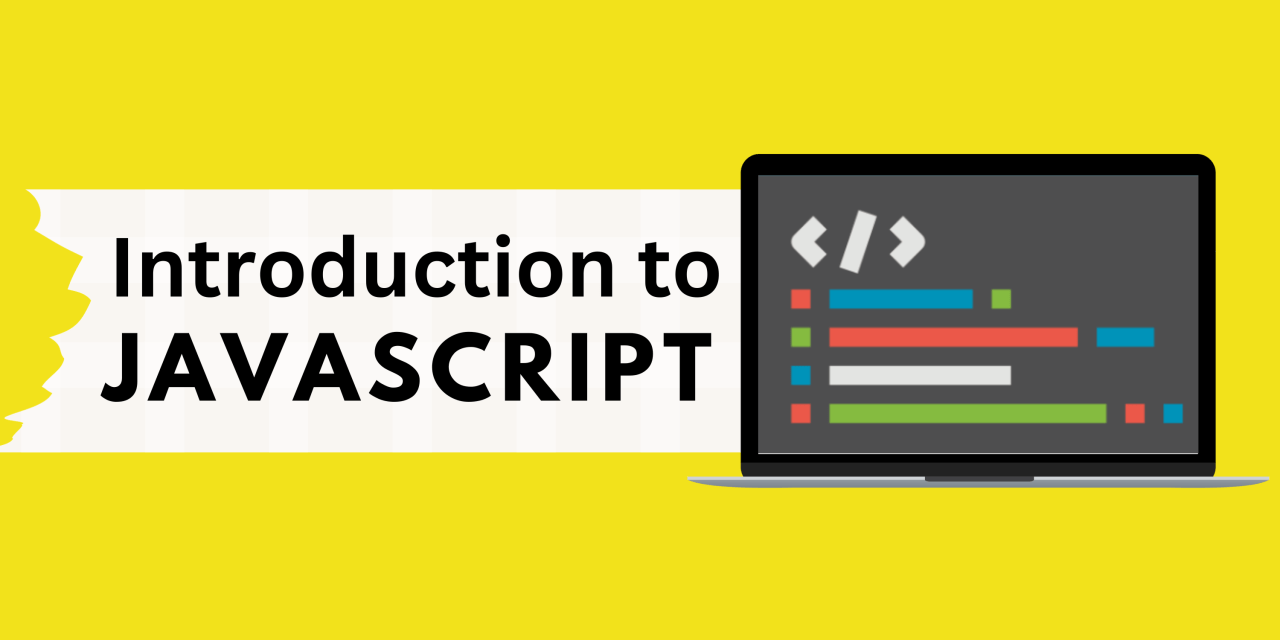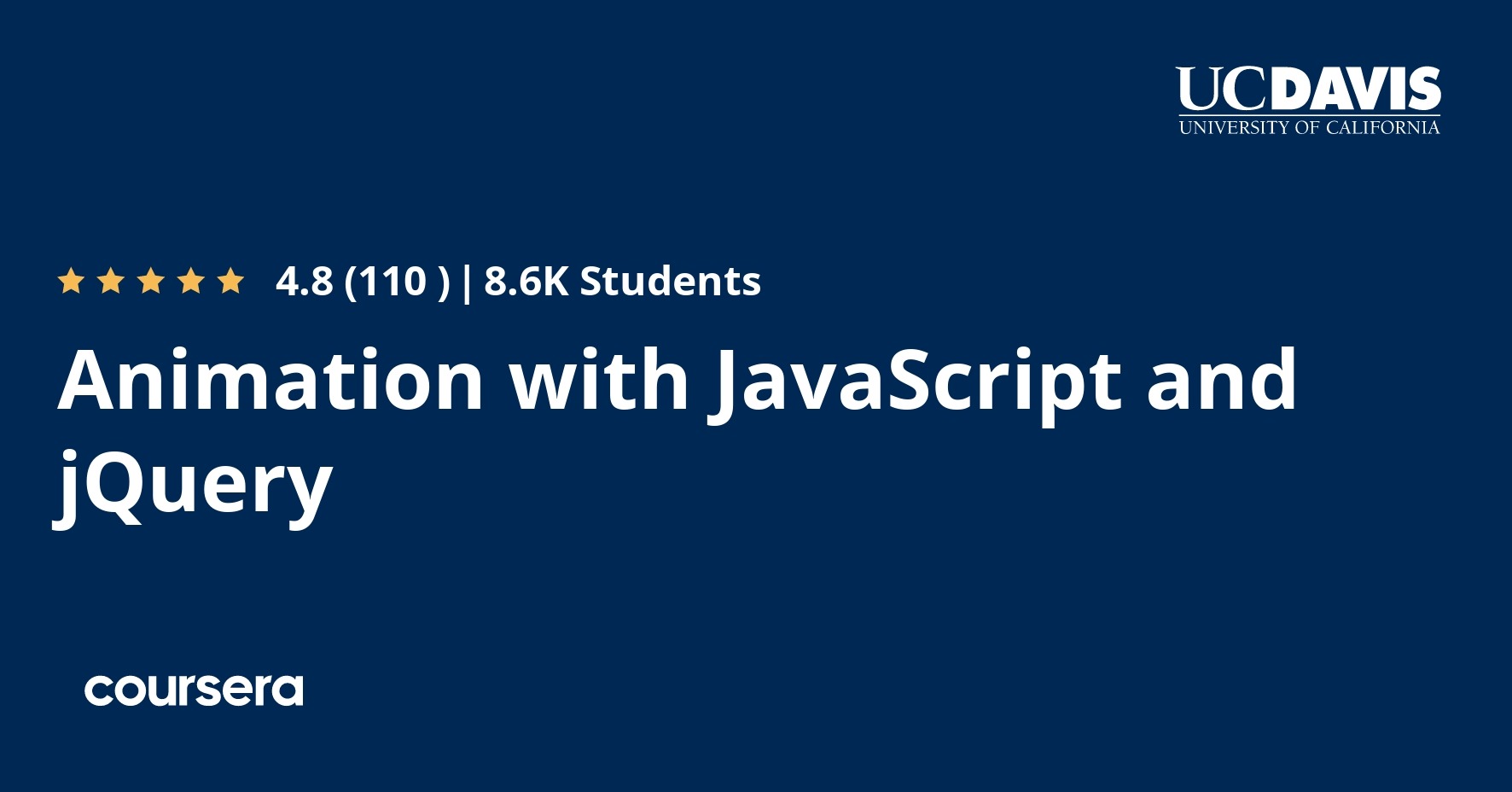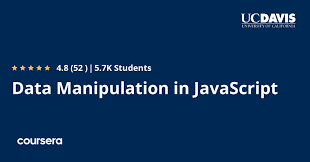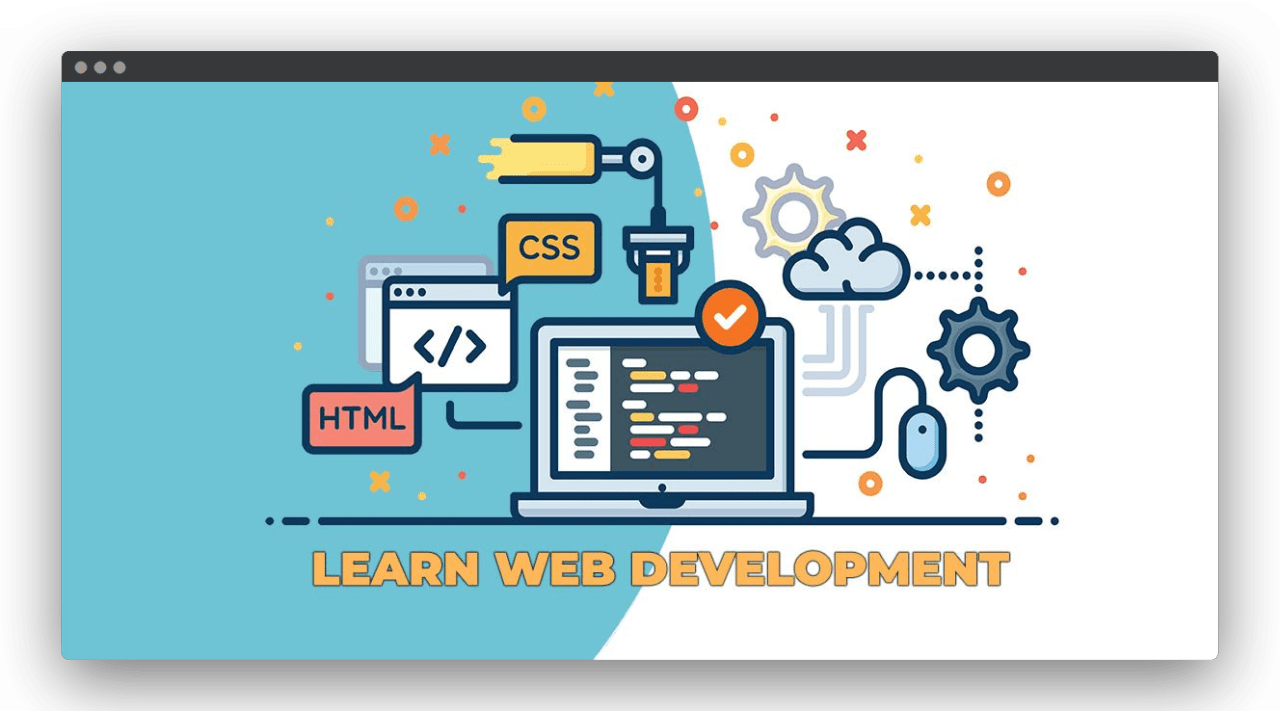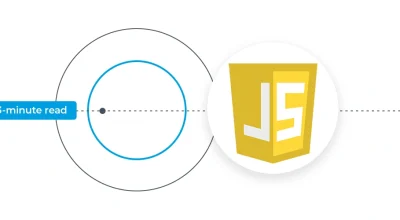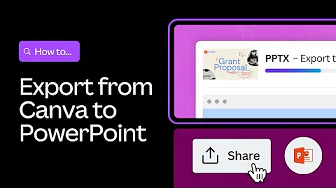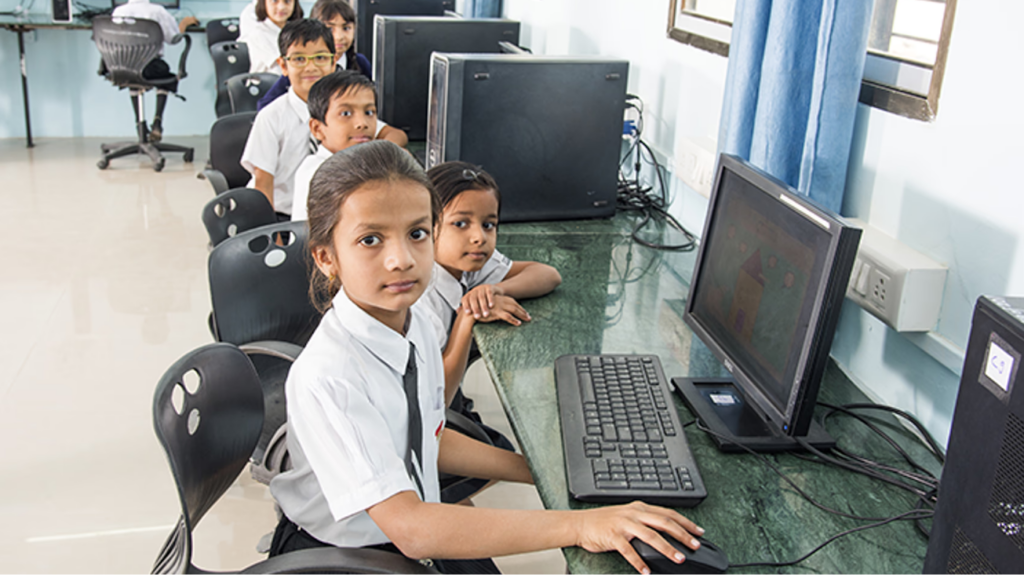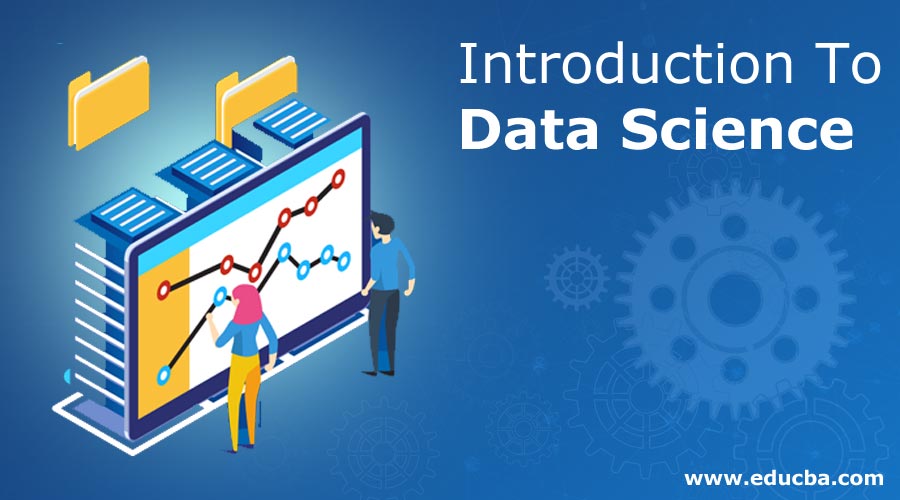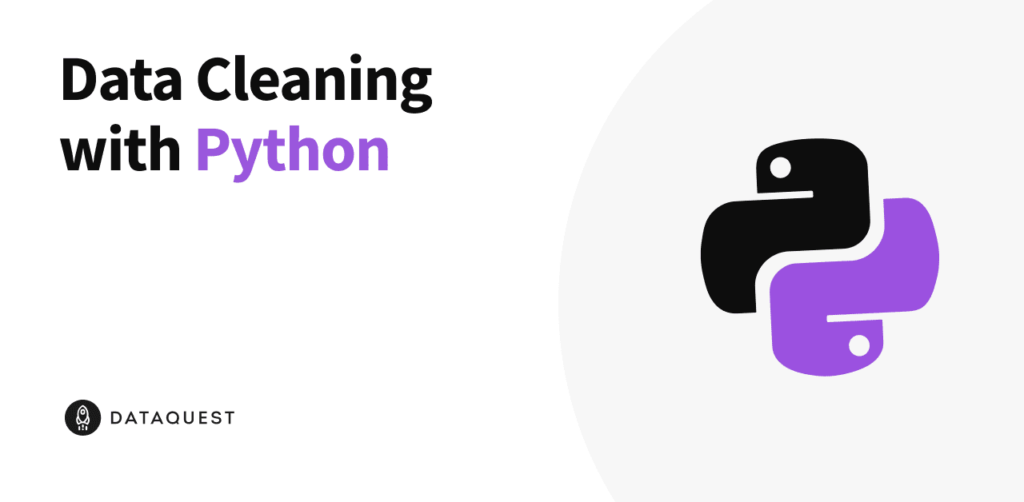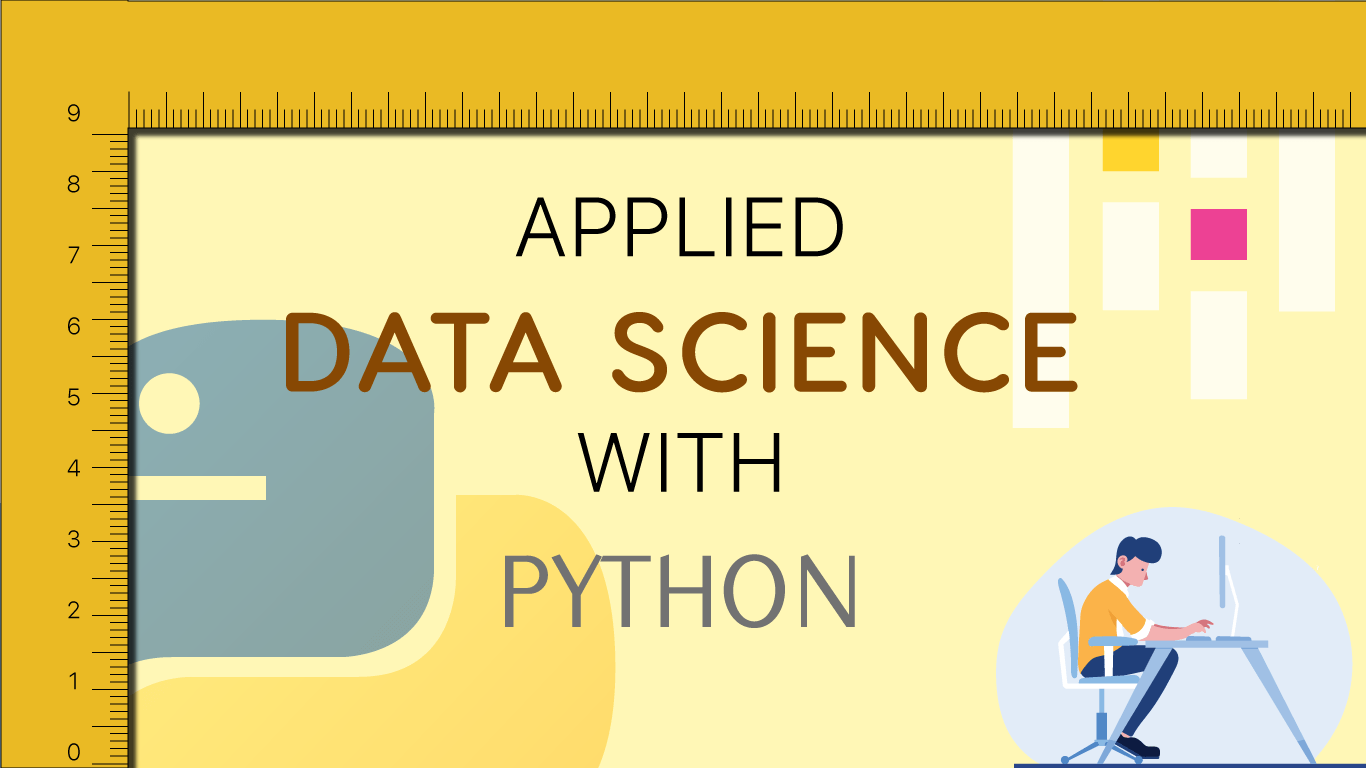Apnipathshala
From Theory to Practice: The Impact of Project-Based Learning
Moving from theory to practice is a pivotal aspect of education, especially when considering the impact of project-based learning (PBL). Project-based learning bridges the gap between classroom theory and real-world application, offering students a hands-on approach to learning. In this blog, we delve into the transformative effects of project-based learning and how it cultivates essential skills such as critical thinking, collaboration, and problem-solving. Explore the journey from theory to practice and discover the profound influence of project-based learning on student engagement and academic success.
Imagine classrooms buzzing with activity, not just quiet rows of students passively absorbing information. Project-based learning (PBL) throws open the doors to this kind of dynamic learning environment. Instead of rote memorization of facts and figures, PBL plunges students headfirst into real-world scenarios, encouraging them to apply their knowledge and develop essential skills through hands-on projects. Let’s explore the power of PBL and how it’s transforming education from theory to practice.
Why Ditch Textbooks for Projects?
Imagine lively classrooms where students are actively engaged in hands-on projects, not just quietly sitting and listening. Project-based learning (PBL) creates this dynamic learning environment by involving students in real-world scenarios that require them to apply their knowledge and develop essential skills. Instead of memorizing facts and figures, PBL challenges students to collaborate, problem-solve, and think critically.In project-based learning, students become active participants in their education, taking ownership of their learning journey. They tackle meaningful projects that mirror challenges faced in the real world, sparking curiosity and fostering creativity. Through PBL, students learn how to research, analyze information, and communicate their ideas effectively.This approach not only enhances academic knowledge but also cultivates valuable life skills such as teamwork, time management, and resilience. By connecting classroom learning with practical applications, project-based learning empowers students to see the relevance and impact of their education in the real world. Let’s explore how PBL is transforming education by bridging theory with hands-on experience, preparing students for success in an ever-changing world.
The Magic of Project-Based Learning
The beauty of PBL lies in its ability to cultivate a multitude of skills that go beyond traditional academic knowledge. Project-based learning (PBL) empowers students by encouraging collaboration, critical thinking, and problem-solving. It allows students to work together on real-world projects, learning how to research, analyze information, and present their findings effectively.
Let’s embrace the beauty of PBL and empower students to become lifelong learners and problem solvers.
1) Deeper Learning:
PBL isn’t just about completing a project; it’s about the journey of discovery. Students delve deeper into subject matter, researching, analyzing, and synthesizing information to tackle their project goals.
2) Critical Thinking and Problem-Solving:
PBL throws curveballs in the form of real-world challenges. Students must think critically, identify problems, and develop creative solutions, learning valuable problem-solving skills that will serve them well beyond the classroom.
3) Collaboration and Communication:
Projects rarely happen in isolation. PBL encourages teamwork, communication, and collaboration as students work together to achieve a common goal. This fosters communication skills and teaches the importance of teamwork, a vital skill for success in any career path.
4) Self-Directed Learning:
PBL empowers students to take ownership of their learning. They’re responsible for managing their time, researching information, and making decisions throughout the project. This fosters important self-directed learning skills.
5) Creativity and Innovation:
PBL encourages students to think outside the box and come up with innovative solutions. It allows them to explore their creativity and find unique ways to approach challenges.
Real-World Examples of PBL in Action
PBL isn’t just a theoretical concept; it’s a powerful learning methodology used across various subjects and grade levels. Here are a few examples:
Science :
Students might be tasked with designing and building a model bridge that can withstand a specific weight load. This project requires them to apply their knowledge of physics and engineering principles in a practical way.
History :
Students could research and present historical events from the perspective of different characters involved. This promotes critical thinking, research skills, and communication as they present their findings.
Math :
A project might involve students budgeting for a fictitious family vacation. This helps them apply mathematical concepts like budgeting, percentages, and currency exchange in a real-life scenario.
Benefits for Students and Educators Alike
The impact of PBL isn’t confined to students. Educators also benefit from this approach:
Engaged Students :
PBL sparks curiosity and makes learning more engaging. Students become active participants rather than passive receivers of information.
Differentiation :
PBL allows for differentiation in the classroom. Students can work on projects at different levels of complexity, catering to diverse learning styles and abilities.
Assessment with a Purpose :
PBL projects provide authentic assessments of student learning, allowing educators to gauge not just content knowledge but also critical thinking, problem-solving, and collaboration skills.
Empowering the Next Generation
PBL isn’t just a fad; it’s a paradigm shift in education. By focusing on real-world application and hands-on learning, PBL equips students with the skills they need to succeed in the 21st century. They graduate not just with academic knowledge but also with the ability to think critically, solve problems creatively, and collaborate effectively in a world that demands these skills more than ever before.
Frequently Asked Questions (FAQ)
How to Change my Photo from Admin Dashboard?
Far far away, behind the word mountains, far from the countries Vokalia and Consonantia, there live the blind texts. Separated they live in Bookmarksgrove right at the coast
How to Change my Password easily?
Far far away, behind the word mountains, far from the countries Vokalia and Consonantia, there live the blind texts. Separated they live in Bookmarksgrove right at the coast
How to Change my Subscription Plan using PayPal
Far far away, behind the word mountains, far from the countries Vokalia and Consonantia, there live the blind texts. Separated they live in Bookmarksgrove right at the coast
What are the challenges of implementing PBL?
One of the main challenges of PBL is time management. Projects can be time-consuming to plan and implementand may require adjustments to traditional lesson plans. Additionally, ensuring all students are actively engaged and contributing effectively within a group project can be a balancing act.
In Conclusion , project-based learning (PBL) transforms education by bridging theory with hands-on experience. It equips students with essential skills like collaboration, critical thinking, and problem-solving, preparing them for success in the real world. Embracing PBL empowers students to become lifelong learners and adaptable problem solvers. Let’s continue to harness the power of PBL to inspire and cultivate future leaders.
Created By – Gaurav Sharma

